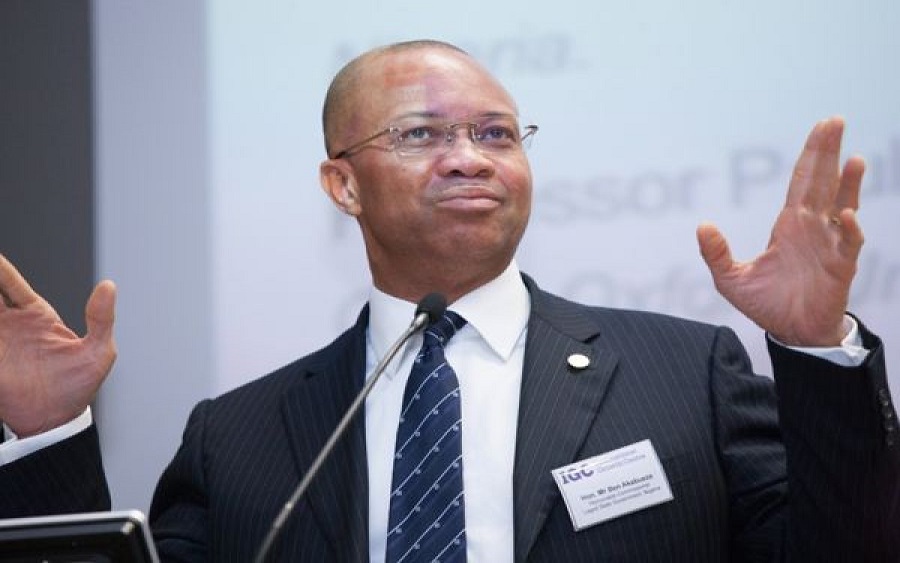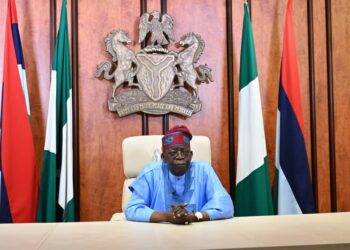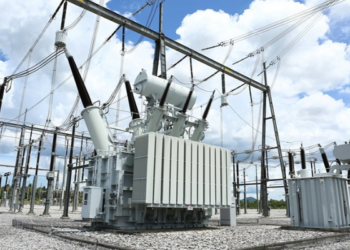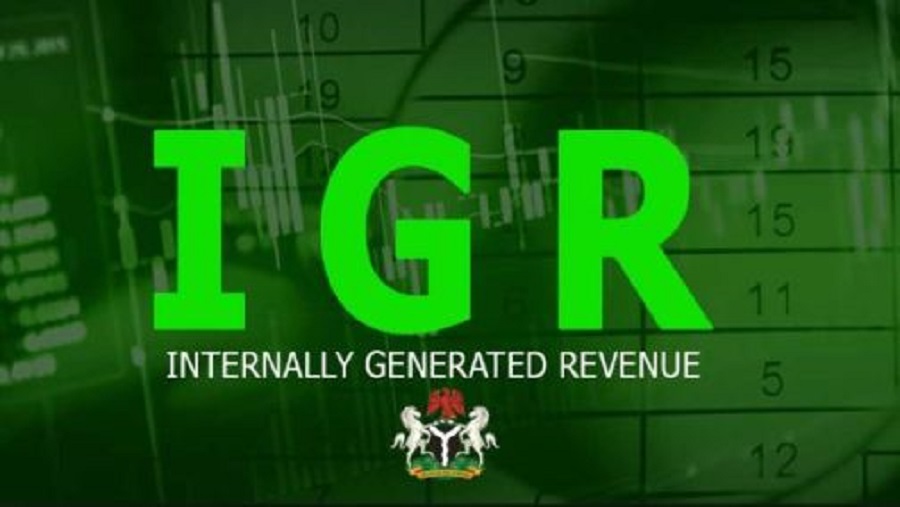The Ministries, Departments and Agencies (MDAs) remitted a total sum of N622.9 billion to the Federal Government in 2019. This fell short of their projected revenue collection of about N631.08 billion thus posting a shortfall of N13.72 billion.
The revenue was collected between January to December 2019 as captured under the Fiscal Responsibility Act, which states that any government agency that generates revenue must remit 80% of its operating surplus to the Consolidated Revenue Fund account.

The agencies include Petroleum Products Pricing Regulatory Agency, the Central Bank of Nigeria, Nigerian Ports Authority, Nigerian Maritime Administration and Safety Agency, Federal Airport Authority of Nigeria, Nigerian Postal Service, Nigerian Communications Commission, National Inland Water Ways Authority, National Information Technology and Development Agency and the Nigerian Airspace Management Agency.
Others are the National Examination Council, Nigerian Television Authority, Nigerian Shippers’ Council, National Health Insurance Scheme, National Pension Commission, Corporate Affairs Commission and Standards Organisation of Nigeria.
[READ MORE: FIRS’ Nami doubtful of meeting Buhari’s revenue target, runs to Lagos for help)
Breakdown: Reports disclosed that the agencies only surpassed their monthly target revenue five out of 12 times. While the prorated budgeted monthly revenue target for the agencies was N52.6 billion for January, the revenue figures as obtained from the Office of the Accountant-General of the Federation showed that the sum of N33.35 billion was generated.
In February, the figure dropped to N14.12 billion before rising to N64.33 billion and N26.89 billion in March and April respectively. For the months of May, June, July and August, the statement showed that the sums of N17.85 billion, N59.46 billion, N99.31 billion and N21.73 billion were generated by these agencies respectively.
For September, October, November and December, the report showed that about N86.28 billion, N36.31 billion, N47.01 billion and N116.3 billion were generated respectively.
Agencies underpaying revenue: The issues of agencies underpaying revenue to the government have been going on for so many years. This is said to have made it difficult for the Federal Government to achieve its revenue target based on the annual budget approved for the agencies.
According to the Director-General, Budget Office of the Federation, Ben Akabueze, despite the over N40 trillion that the Federal Government’s invests in these agencies, the government was yet to fully enjoy the dividend of such investments.
[READ ALSO: DMO backs Buhari’s lending policy, seeks increased revenue to service loans)
He said what was usually remitted to the treasury in terms of dividend or surplus at the end of each operating year was mostly insignificant. Akabueze made known that the government would improve revenue collection and expenditure management by making the process transparent and inclusive.
“The continuous underperformance of the government-owned enterprises has made it difficult to achieve enhanced domestic revenue mobilisation from operating surpluses of the GOEs. The record shows that few of the government-owned enterprises declare surpluses. In effect, the Nigerian taxpayers have not benefitted much from these investments,” the DG said as reported by Punch.





















The agencies should have a round table discussion, and come up with ways to ensure the tax payers who make payments to these agencies are harmonized, take the instance of a manufacturing company who is complaining about the epileptic and security challenges, who has to pay extra for power and security, then pay to FIRS, STATE IRS, several environmental agencies, state, and LG, then pay to LG, then service charges to more than 2 of the above agencies, it’s quite burdensome, many have to dodge a lot of the payments they can, the FG personnel sent to demand these monies (service charges) are also found to be in a quagmire themselves.
Please make let the agencies ensure to usurp staff from the LG, to reduce the cost of governance, when the collective fees are collected from by the LG then from the Local Govts these companies can demand better infrastructures of good governance, not when you pay all these fees to this national level MDAs one can’t access, good roads, health, security and power.